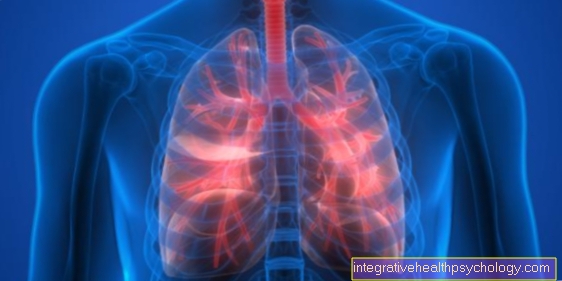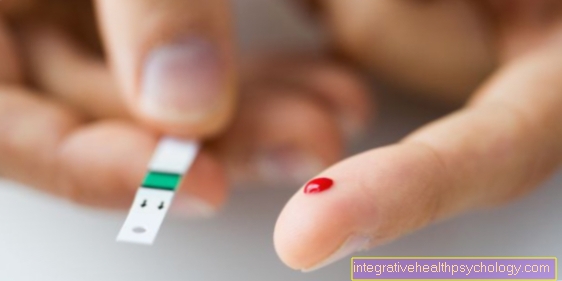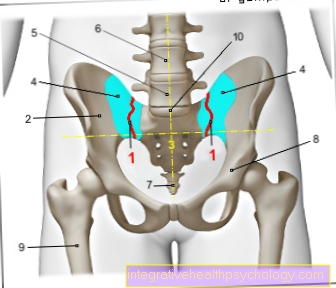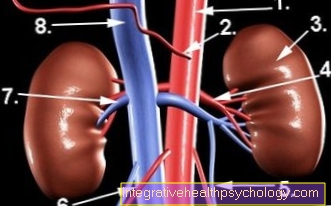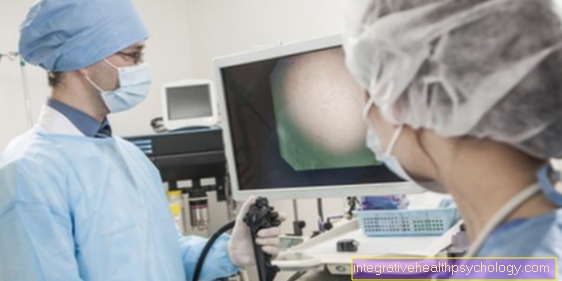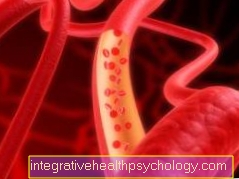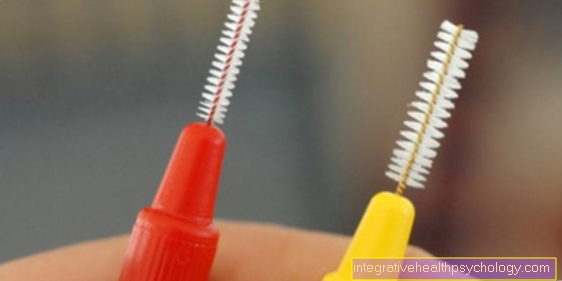Thyroid medication
introduction
The thyroid gland is an important hormone-producing organ in humans, technically it is called the endocrine organ. The gland sits in the area of the larynx in front of and to the side of the windpipe. It produces the hormones T3 and T4 and calcitonin, which are made and stored in the butterfly-shaped organ. The iodine-containing hormones are important for the metabolism of the organism as well as for growth. Thyroid diseases can have serious consequences, especially in adolescents, which is why they should be detected and treated early. Disorders of the hormone production of the thyroid gland can be roughly divided into under and over functions of the organ. The drugs used to treat the diseases are discussed below.

Medicines for hyperthyroidism
With an overactive thyroid, there is an overproduction of thyroid hormones with symptoms such as weight loss, rapid heartbeat (tachycardia) and sweating. Depending on the cause of the hyperfunction, a goiter, i.e. an enlarged thyroid gland, can be palpable. In the case of the autoimmune disease Graves' disease, the protrusion of the eyeballs due to inflammation of the tissue behind it is also characteristic.
Hyperthyroidism, as the overactive thyroid is also known, is treated with anti-thyroid drugs. The sulfur-containing substances such as carbimazole, thiamazole and propylthiouracil inhibit the formation of thyroid hormones with a delay of about one week. Sodium perchlorate and potassium perchlorate inhibit the absorption of iodine in the thyroid gland and thus also the formation of iodine-containing hormones. They work without delay. Beta blockers such as propanolol are used in tachycardia to alleviate the symptom.
Propylthiouracil
- Trade names: Propycil, Prothiucil, Thyreostat
Carbimazole
- Trade names: Carbimazol, Carbistad, Neo-Thyreostat
Thiamazole
- Trade names: Favistan, Methizol, Thyrozol
Sodium perchlorate (Irenat), potassium perchlorate
Beta blockers such as propanolol, bisoprolol, metoprolol
The radioiodine therapy is an alternative to the treatment of hyperthyroidism with medication and uses the radiation of the radioactive iodine isotope 131 iodine to destroy the diseased cells of the thyroid gland. This is discussed below.
More information on this topic: Therapy of hyperthyroidism
Radioiodine therapy
Radioiodine therapy is a therapeutic procedure from the field of nuclear medicine. It is used in various thyroid diseases, including thyroid autonomy, Graves' disease, enlarged thyroid gland and certain forms of thyroid cancer. The therapy is carried out as an inpatient in Germany and is associated with a stay of at least 48 hours in the clinic.
During therapy, the patient swallows a capsule that contains a radioactive iodine-131 isotope. Since only the thyroid can absorb iodine, only the pathologically changed cells of the thyroid are attacked and rendered harmless. The radiation from the iodine used only extends a few millimeters and usually does not damage any surrounding structures. Strict radiation protection requirements stipulate an inpatient stay, temporary ban on contact and strict disposal of excretions such as urine and stool.
Read more about this: Radioiodine therapy
Medicines for hypothyroidism
An underactive thyroid is treated with a lifelong supply of the hormone that is not produced or is less produced. The dose is individually adapted to the patient and slowly increased until the symptoms of the hypofunction disappear and the blood values are within the reference values. An underactive thyroid (also called hypothyroidism) should be checked regularly. Hypothyroidism is usually the result of chronic inflammation of the thyroid gland (so-called Hashimoto's thyroiditis) or occurs as a result of surgical treatment of the thyroid gland.
Liothyronine or triiodothyronine / T3, which is only triply iodinated, is usually only used in combination with thyroxine.
T4 (tetraiodothyronine, L-thyroxine, or levothyroxine)
- Trade names: L-Thyrox, L-Thyroxin, Euthyrox, Eferox, Berlthyrox, Thevier
T3 (triiodothyronine, liothyronine)
- Trade names: Thybon, Thyrotardin, Triiodothyronine
Mixed preparations: T4 and T3
- Trade names: Novothyral, Prothyrid, Thyroxin-T3, Thyreotom
Also read: Therapy of an underactive thyroid
Medicines for iodine deficiency
The iodine deficiency is a special form of thyroid disease. An insufficient intake of iodine initially leads to an underactive thyroid. As a result, the cells of the organ are stimulated to grow and a goiter can form. This can lead to an overactive thyroid gland. Since the disorder is caused by an iodine deficiency, treatment consists of adding iodine. The treatment is carried out by increasing the intake of iodine-containing foods such as sea fish or seaweed, by using iodized table salt or taking iodine tablets. Pregnant women and adolescents in particular should ensure that they have an adequate supply of iodine, as otherwise severe mental and physical developmental disorders can occur.
Potassium iodide
Sodium iodide
- Trade names: Jodetten, Jodid, Kalium Jodatum, Mono-Jod, Stumedical, Strumex
You may also be interested in this article: Iodine deficiency



